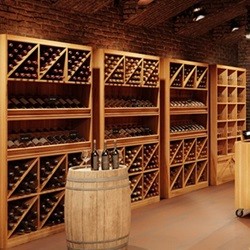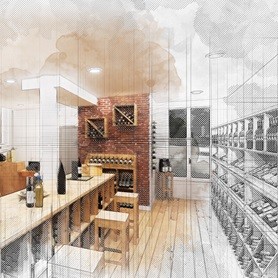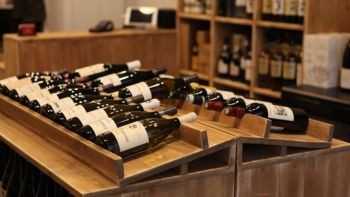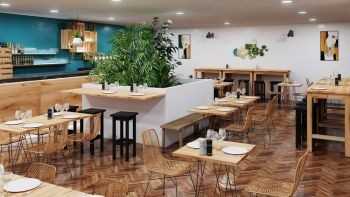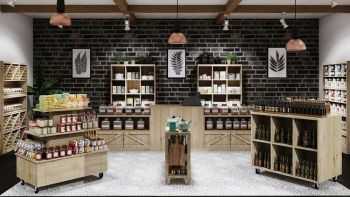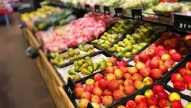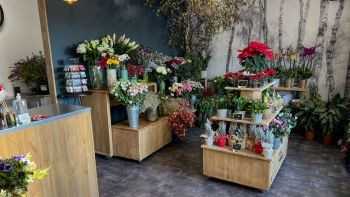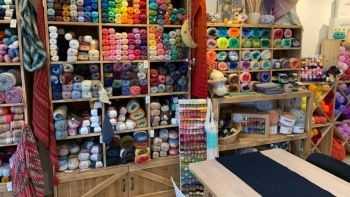Wine merchants: how to organise wine tastings?
Wine tastings are much more than a simple taste experience. They allow wine shops to create a strong bond with their customers, attract new wine lovers and retain existing customers. If you are a wine merchant or if you have a wine section in your business, preparing tastings can be a winning strategy to increase your sales and the visibility of your establishment.

Why organise tastings in your wine cellar?
Organising these events offers many strategic advantages. Here's how they can boost your business:
Attract new customers and retain existing ones
Wine tastings are ideal opportunities to attract new customers. By offering a unique experience and the opportunity to discover quality nectars, you can attract the interest of wine lovers and the curious. In addition, tastings can strengthen the bond with your existing customer base, provide a personalised experience and create a sense of belonging to your community of enthusiasts.
Create a unique and immersive experience
Tastings provide a sensory and immersive experience for your participants. By showcasing carefully selected wines, you offer them an opportunity to discover new flavours, explore wine regions and learn about different grape varieties. This unique experience creates lasting memories and enthusiasm among participants.
Increase sales and visibility for your business
Wine tastings can have a significant impact on your sales. By exposing your customers to a variety of wines, you broaden their knowledge and interest in different products. Participants can discover new wines that match their tastes and preferences. In addition, these events generate positive word-of-mouth, attracting new customers and increasing the visibility of your business.

Steps to successful wine tastings
Organising successful wine tastings requires careful planning. Here are the key steps to follow:
Select the wines to be tasted
To provide a varied experience, choose wines from different wine regions and grape varieties. Choose a balanced selection of red, white and rosé wines, taking into account your customers' preferences. Also, consider offering wines at different price points to suit all budgets.
Preparing the tasting area
Create a friendly and comfortable space in your shop to welcome participants. Set up a specific area dedicated to your event, with tables, chairs and a warm atmosphere. Make sure you have enough clean wine glasses, spittoons and other necessary accessories to allow for optimal tasting.
Promote the event
Promotion is essential to attract a large and diverse audience. Use social media, your website and your contact list to advertise the upcoming tasting. Create a buzz by inviting wine influencers to participate or by offering special discounts for members. Don't hesitate to use attractive visuals and enticing descriptions to attract the interest of wine lovers.
Ensure quality animation
Hire a wine expert to run the tasting. This person should be passionate and have an in-depth knowledge of the wines presented. He or she can guide participants through the various stages of the tasting, providing information on grape varieties, wine regions and food and wine pairings. Also consider fun and educational exercises, such as quizzes or games, to stimulate interaction and engagement.
Set up special offers and promotions
Take advantage of the event to offer special deals on the wines tasted. This will encourage participants to buy the wines they enjoyed. You can also create bundled discounts or packages, for example by combining wines with tasting accessories, to encourage purchases and increase the average basket.

Tips for maximising the impact of tastings
To get the most out of your wine tastings, here are some additional tips:
Gather feedback from participants
Ask participants to share their opinions and suggestions at the end of the tasting. This feedback will help you improve your future events and better meet your customers' expectations. Also use the positive comments as testimonials on your website, social networks or communication materials.
Keep in touch with participants
Collect participants' contact details, including email addresses, to keep them informed of upcoming tastings and special offers you will be running in your business. Send them regular newsletters with information on new wines, tips or exclusive invitations. This will allow you to maintain a privileged relationship with your customers and build their loyalty in the long term.
Exploit the data collected
Analyse the information collected during tastings, such as the preferences of your participants and the most popular wines, to better understand your customers. Use this data to adapt your wine range and to plan future events to suit their tastes. This personalised approach will reinforce your position as an expert and increase customer satisfaction.
